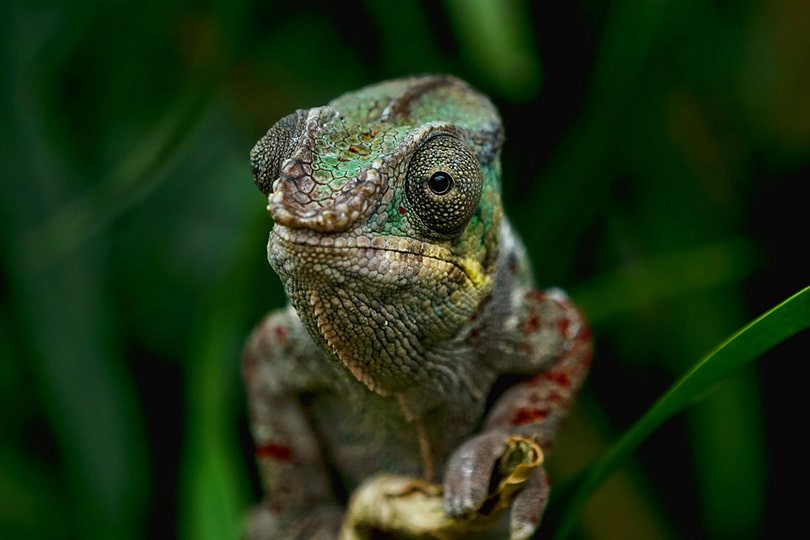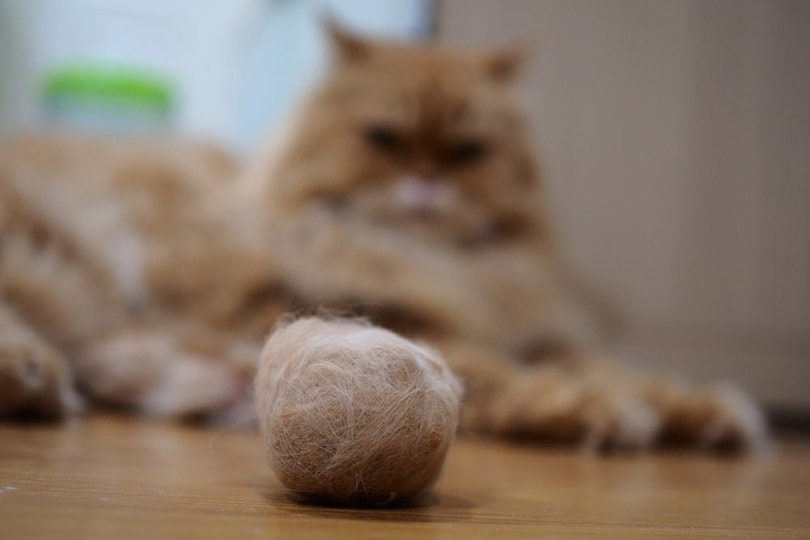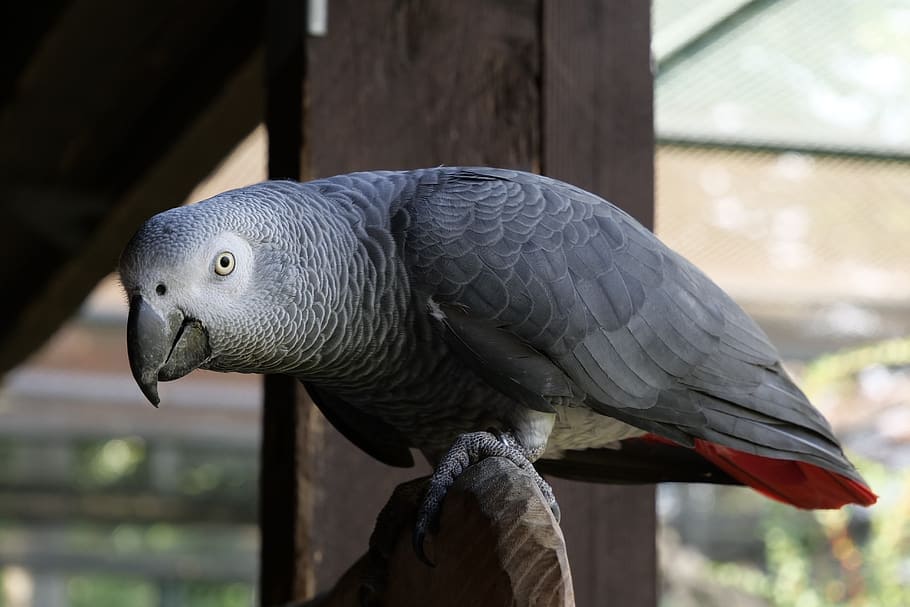VET APPROVED

The information is current and up-to-date in accordance with the latest veterinarian research.
Learn more »Chameleons spend most of their time in an enclosed environment, so any smells that they create are not usually noticed much by humans living in the household. Most people have no idea whether pet chameleons have an odor unless they spend a great deal of time handling their own. One thing is for sure, chameleons do not smell like cats and dogs do. However, a chameleon can have an odor as a pet. There are several ways that it can develop odors.

Please be mindful to thoroughly research any laws that may prohibit the importation, ownership, breeding, and sale of chameleons where you reside.
Chameleon care is considered extremely complex. At PangoVet, we do not endorse keeping a wild animal as a pet, as this harms ecosystems and is often considered unethical for a multitude of reasons (including inadvertently supporting illegal wildlife smuggling acts by purchasing such pets).
The 4 Reasons a Chameleon Can Have an Odor
1. The Environment
Many things in a chameleon’s environment can cause it to smell at one point or another. First and foremost, the type of soil and substrate that you choose can make your chameleon smelly. Many organic soils have manure or chicken excrement mixed into them. As your chameleon lies around in the soil, it can pick up the manure odor and hold onto it for a while. To prevent this, you can let your chameleon’s soil sit out in the sun (while it remains protected from other critters) for a few days to diminish any lingering smells within it before putting it into the animal’s habitat.
Standing water in your chameleon’s habitat can also cause odor. It can create a musty smell that can easily permeate into your chameleon’s skin as time passes. It is common for standing water to develop in a chameleon’s habitat because it must be misted with water regularly to maintain a tropical-like environment. To prevent water from standing in the corners and other areas of your chameleon’s habitat, let the habitat dry out between misting sessions.
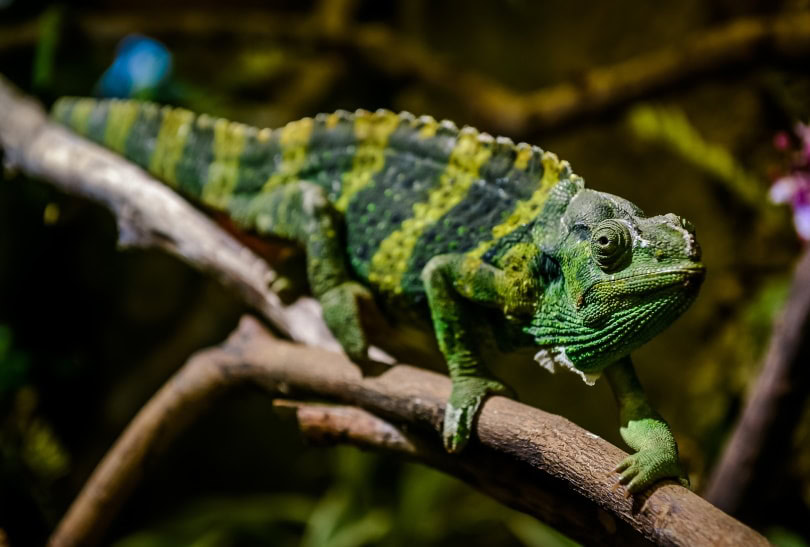
2. Their Excrement
If a chameleon’s habitat is not cleaned out for a while, it can result in built-up excrement that gets all over your pet as they traverse their space. Poop that is left to linger can affect not only the happiness of your chameleon but also their cleanliness. The odor problem can be exacerbated by standing water. When the water mixes with the excrement, it creates a muddy mess that can be a nightmare to clean up.
The only way to get rid of the poopy smell is to clean the habitat completely out as soon as possible and wipe your pet down with a clean, damp cloth. To prevent a poopy-smelling pet, clean your chameleon’s habitat at least once a week, and make sure that you never mist water in areas where excrement is present.
3. Their Natural Behavior
If your chameleon starts to smell like rotting meat, you can blame it on their natural behaviors. These animals have small pockets inside their mouths where they store small pieces of meat, fish, and other animal products that they have access to. They do this so they can wipe the leftover food on branches and leaves in an attempt to attract prey.
However, as pets, there is often no prey to speak of. Therefore, chameleons tend to hold onto the food in their pockets even while it rots, which makes them smell like rotting meat. The food that they wipe on plants inside their habitat can make the entire habitat smell like rotting meat. Unfortunately, there is not much that can be done to avoid this smell other than providing your chameleon with live prey that they can use their food reserves on.
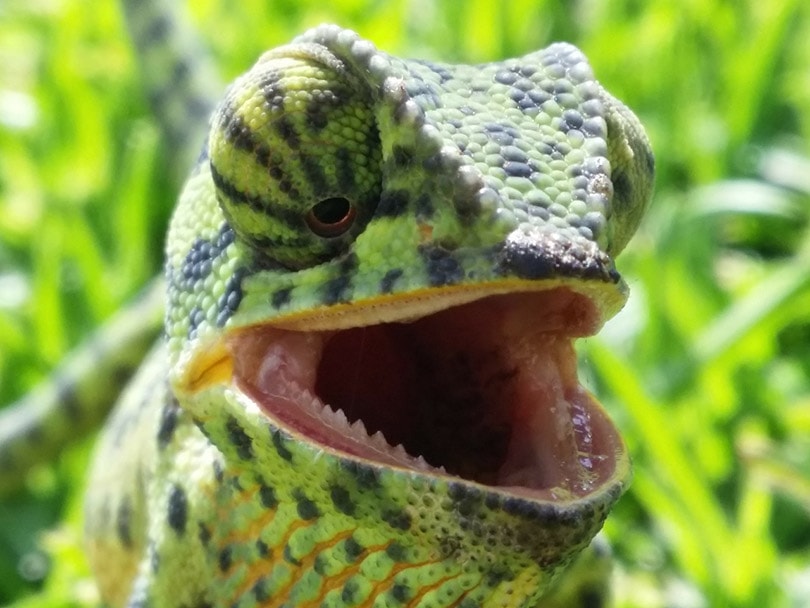
4. Poor Health
Sadly, some chameleons develop bad health. Signs of certain health problems can present as bad odors.
For example, parasites can cause an unpleasant smell on your chameleon or inside the habitat. If this is the case, your chameleon may look like they are losing weight and their excrement may be especially runny. Making sure that your pet’s habitat stays clean and that they eat only clean, healthy foods will definitely help. However, if your chameleon is showing signs of potential illness, you should promptly seek veterinary care for them.

Conclusion
Chameleons may be perceived by some as easy to take care of compared to other types of pets, but that does not mean that they never get smelly. Luckily, there are many ways to prevent your chameleon and their habitat from getting smelly. Hopefully, our guide will help you keep your chameleon clean, happy, and healthy for a lifetime. Ultimately though, it’s important to always seek veterinary input when you suspect that something is amiss with regards to your pet’s health.
Next on your reading list:
Featured Image Credit: Schwoaze, Pixabay
